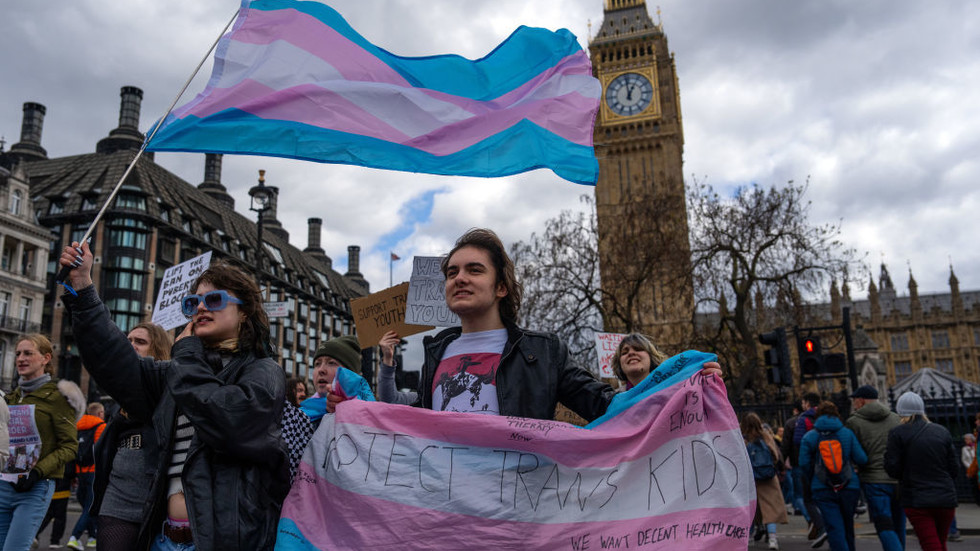London High Court Upholds Puberty Blocker Ban for Children: A Step Towards Evidence-Based Medicine
In a significant ruling on Monday, the High Court in London upheld the ban on prescribing puberty-blocking drugs to children, a measure initially enacted in March by the previous Conservative government. The ban, introduced amid a contentious debate over transgender rights and youth healthcare, has now been affirmed as rational and necessary by Justice Beverley Lang.
Background: Policies and Controversies
The ban imposed by the Tory government restricted the National Health Service (NHS) from administering puberty blockers outside of clinical trials and prohibited private suppliers from prescribing them. This decision came on the heels of the NHS halting the prescription of these drugs last year, citing insufficient evidence regarding their benefits and potential harms.
A review commissioned by the NHS highlighted the "remarkably weak evidence" supporting gender care treatments, a concern echoed in Justice Lang’s ruling. She emphasized that the emergency procedure used to enact the ban was justified to "avoid serious danger to the health" of children during the typical six-month period required for standard consultations.
The Court Challenge and Its Aftermath
TransActual, a transgender rights advocacy group, challenged the ban on behalf of an unnamed minor, arguing that the government had prematurely outlawed the use of puberty blockers and subsequently sought justifications. Chay Brown, the group’s healthcare director, voiced serious concerns about the welfare of young trans people in the UK. Brown criticized the UK medical establishment for allegedly using the existence of transgender minors to further a divisive cultural agenda.
Despite these objections, the High Court’s decision aligns with the findings of a review conducted under the current Labour government. Health Secretary Wes Streeting endorsed the review’s conclusion of insufficient evidence to deem puberty blockers safe and effective for children with gender dysphoria. Streeting emphasized the need for cautious and careful government actions concerning vulnerable youth and expressed his commitment to enhancing children’s gender identity services in collaboration with the NHS.
Towards Evidence-Based Medicine
This ruling represents a critical moment in the ongoing debate over youth transgender healthcare. The High Court’s decision underscores the necessity of grounding medical treatments in robust evidence rather than ideological advocacy. As Justice Lang articulated, the objective is to safeguard the health and well-being of children amid a turbulent social discourse.
J.K. Rowling, renowned author of the ‘Harry Potter’ series and a prominent feminist critic of certain transgender policies, welcomed the court’s ruling. "We seem, at last, to be moving back to treatment for vulnerable youth based on evidence-based medicine, as opposed to the unevidenced claims of ideological lobby groups," Rowling said.
Moving Forward
The court’s affirmation of the ban on puberty blockers marks a pivotal shift towards prioritizing evidence-based medical practices for treating gender dysphoria in children. As the government collaborates with the NHS to launch clinical trials, the ultimate goal remains clear: to ensure that the healthcare provided to vulnerable youth is both effective and safe, firmly rooted in scientific rigor and devoid of ideological bias.
For more information about current healthcare policies in the UK, visit the NHS official website.
